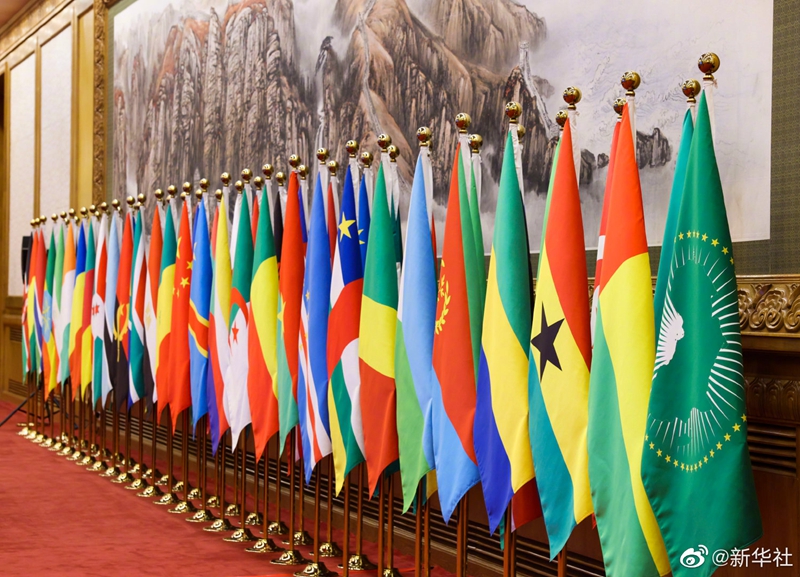
This is an editorial from China Daily.
Nobody should doubt the crucial role that the Eighth Ministerial Conference of the Forum on China-Africa Cooperation will play in further substantiating the Sino-African comprehensive strategic partnership and improving the quality and efficiency of bilateral cooperation.
The event Senegal is hosting in its capital, Dakar, on Monday and Tuesday, which involves representatives of all 54 members of the FOCAC, and the African Union Commission, is set to release not only a three-year action plan, but also a 2035 vision for China-Africa cooperation, and a declaration on joint Sino-African responses to climate change.
Given the strong executive power the bilateral cooperation has demonstrated — 85 percent of the projects, and 70 percent of the $60 billion agreed at the 2018 Beijing Summit of the FOCAC have been carried out, utilized or arranged — the significance of the Dakar meeting to the development of Sino-African relations over the next 15 years and beyond is clear.
A key task of the meeting is to dock China's Long-Range Objectives Through the Year 2035 and dual-circulation development paradigm with the African Union's Agenda 2063 so that the two sides can better tap into their economic complementarity, and make their cooperation closer and more pertinent to the needs of their peoples and the respective demands of the two sides to upgrade their economy and industry.
In his speech at the opening ceremony, President Xi Jinping said that aside from assisting Africa to fight the novel coronavirus, China will provide African countries with 1 billion more doses of COVID-19 vaccines, including 600 million doses in the form of donations. China will also seek to expand trade and investment, share experience in poverty reduction, strengthen cooperation on the digital economy, promote green and low-carbon development and actively develop renewable energy.
In addition, China will encourage and support more diversified entities, including local governments, enterprises and financial institutions and market-oriented funds, to participate in future China-Africa cooperation to enhance its efficiency through market mechanisms.
China has been Africa's largest trade partner for 12 years in a row, and China-Africa trade hit a historical high of $185.2 billion in the first nine months of this year, up 38.2 percent year-on-year, while its investment in Africa was $2.59 billion, up 9.9 percent, surpassing that in 2019 before the pandemic.
It is obvious that Sino-African cooperation brings tangible benefits to African people, which is in stark contrast to the "empty promises" some Western countries have made to Africa, and their divisive efforts to try and drive a wedge between China and African countries. As President Xi said, by translating their common aspirations and interests into common actions, the two sides firmly uphold the just propositions of developing countries.
With cooperation between the two sides set to intensify after the Dakar meeting, the process of forming a China-Africa community with a shared future will be accelerated.

 中文
中文





